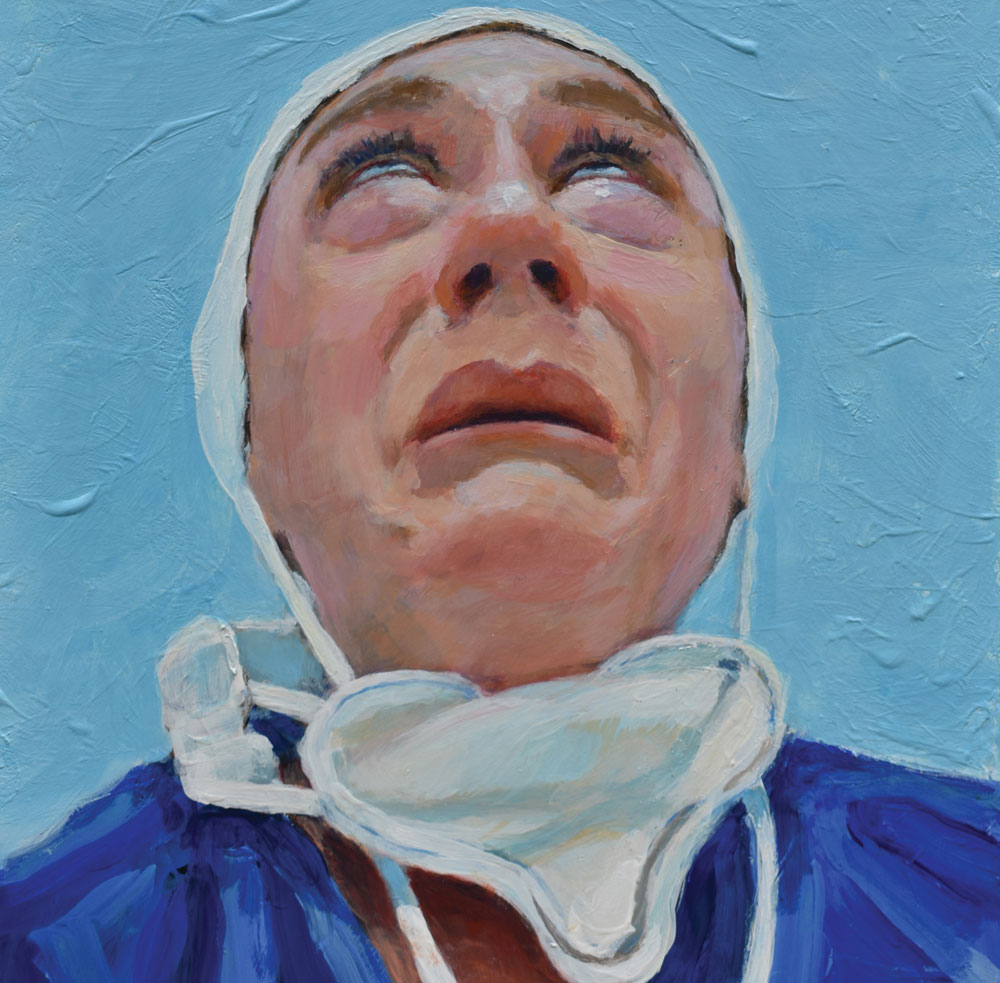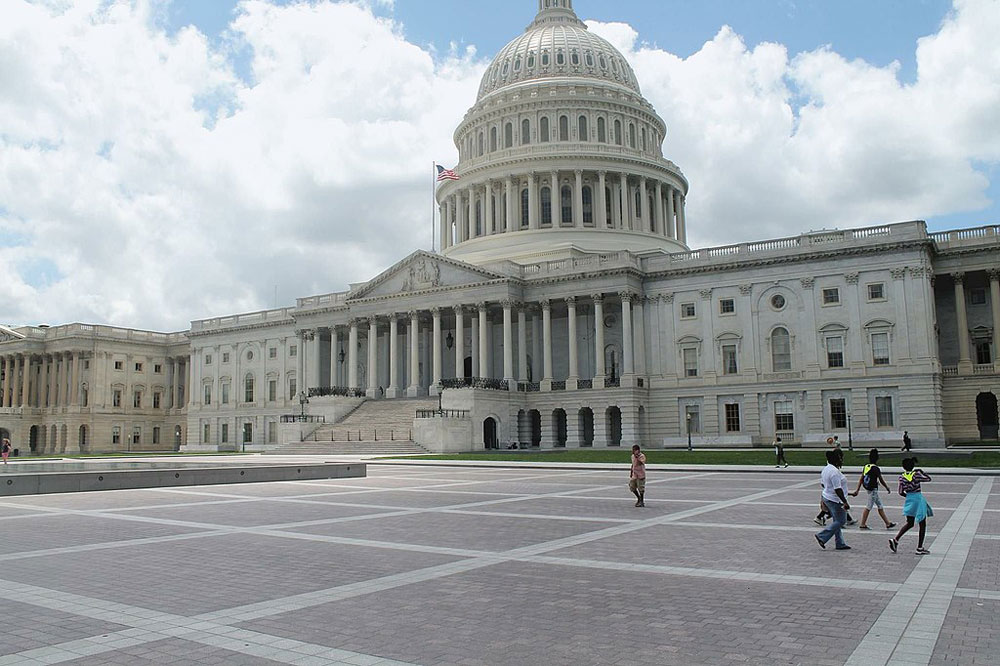August 21, 2011; Source: Ledger-Enquirer.com (Columbus, Georgia) | Over the years, Georgia Superior Court Judge Douglas C. Pullen has directed more than $33 million to various charities. But the money was not his own. Instead, the money came from remainder funds left over from 32 class-action suits in which not all plaintiffs were able to be located and paid.
Pullen has, in fact, directed so much money to charity that he was brought up in front of the Judicial Qualifications Commission and the Georgia Attorney General. Apparently Pullen’s willingness to be publicly praised for his part in the donation of the funds has raised ethical concerns about improper benefits that might have accrued to the judge as a result of the donations.
“I’ve not heard of a situation where a judge was praised for approving [remainder fund] distributions, but I have heard of an instance where the defense counsel got an award for directing money in a good direction,” Stephen Gardner, director of litigation for the Center for Science in the Public Interest, a Washington-based watchdog, told the Columbus (Ga.) Ledger-Enquirer. “A judge really ought to stand above these issues because it is his job to be impartial and to watch out for the class members’ interests.”
Among the recipients of Pullen-directed giving was Mercer University, his alma mater, which received a total of $5.76 million. The judge has many artifacts of his status as a philanthropist, possibly including an honorary doctorate from Mercer and a job teaching there next semester. Investigators may be looking into these emoluments as possible benefits that accrued to Pullen through his direction of remainder funds.
Sign up for our free newsletters
Subscribe to NPQ's newsletters to have our top stories delivered directly to your inbox.
By signing up, you agree to our privacy policy and terms of use, and to receive messages from NPQ and our partners.
“Unfortunately, a lot of people like to play Santa Claus, and there’s an unfortunate coincidence of lawyers wanting to make themselves out to be great public heroes and also playing to the belief of the courts that they should be entitled to make amends for societal wrongs on a very broad basis,” Samuel Issacharoff, a professor at the NYU School of Law, told the Ledger-Enquirer.
Gardner said it was improper for remainder funds to be distributed to a defendant’s own charity, or “pet projects” of plaintiffs’ attorneys or judges. “[Remainder] funds must be awarded to whatever entity comes the closest to giving the money to the class members themselves.”
“What has happened, unfortunately,” Issacharoff said, “is it has become a charity sweepstakes, and judges have been drawn into this in ways that starts looking like they are playing favorites on a non-judicial basis.”—Ruth McCambridge












